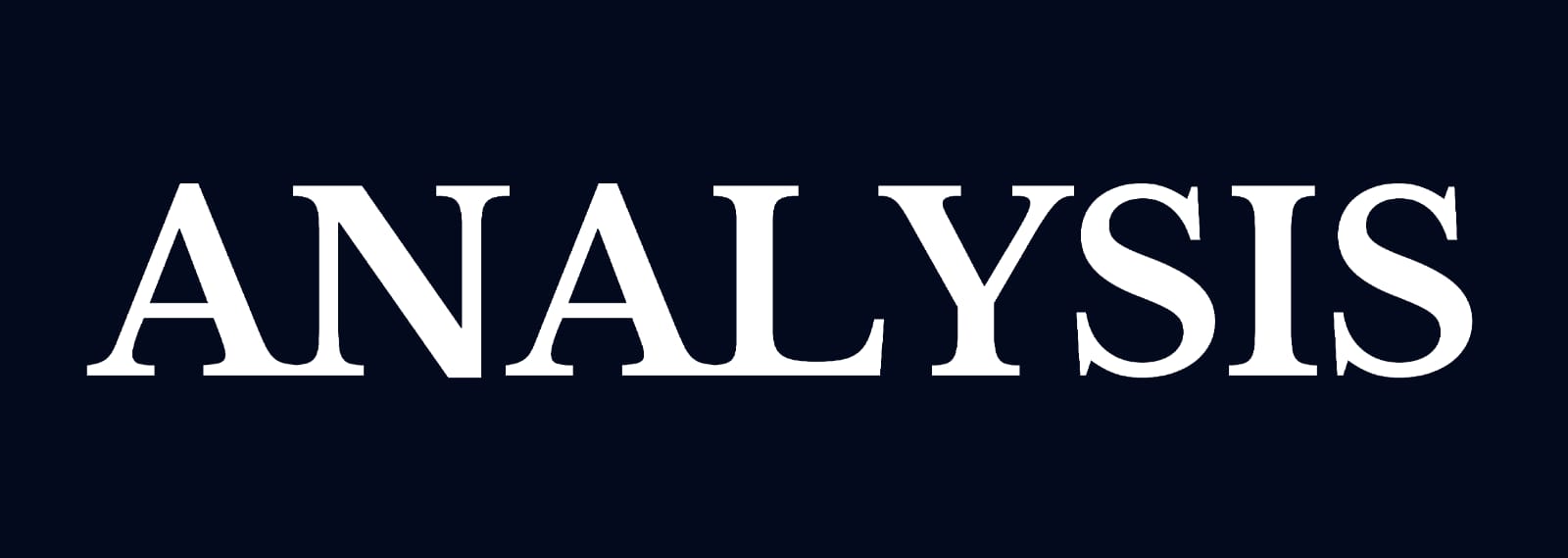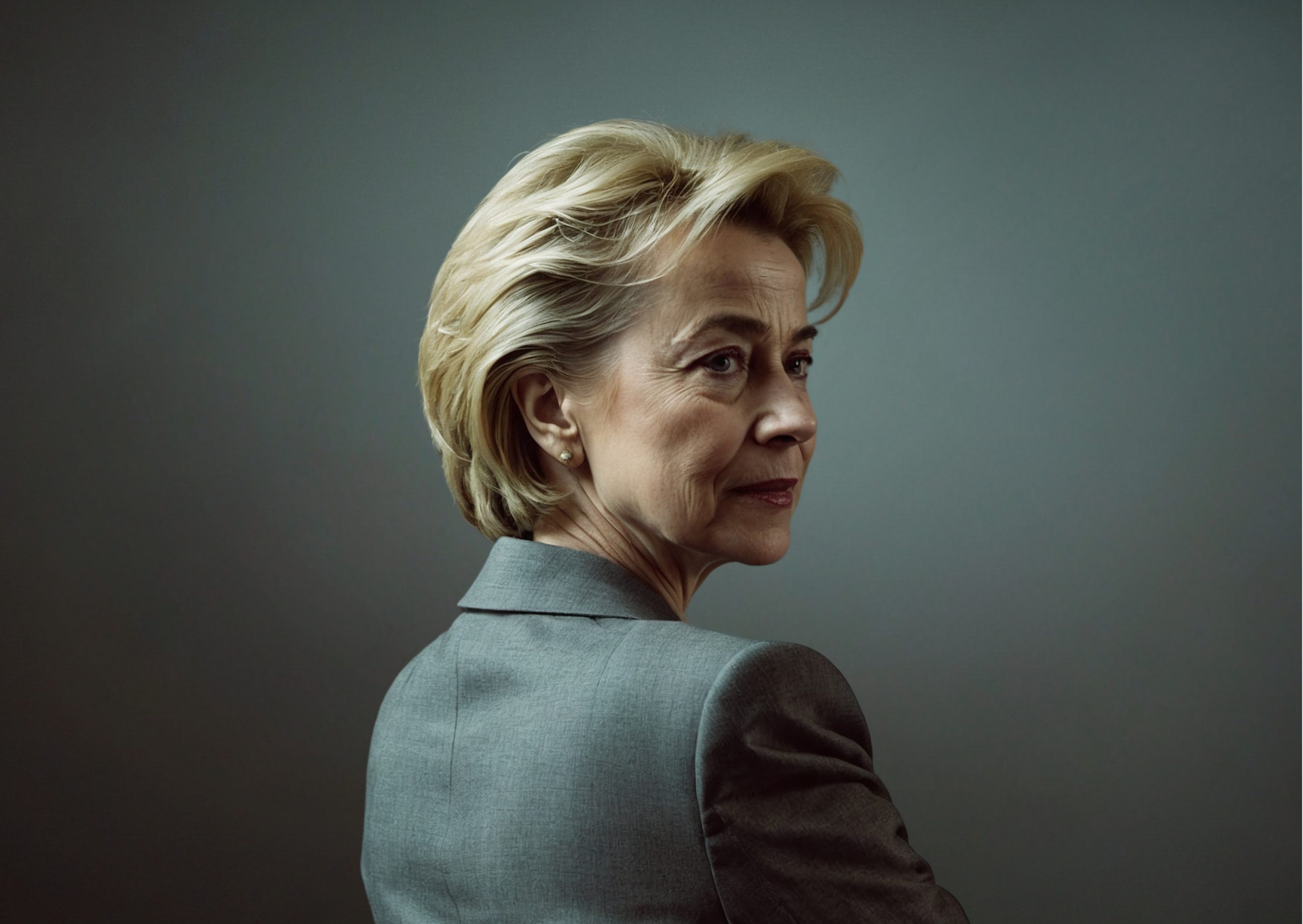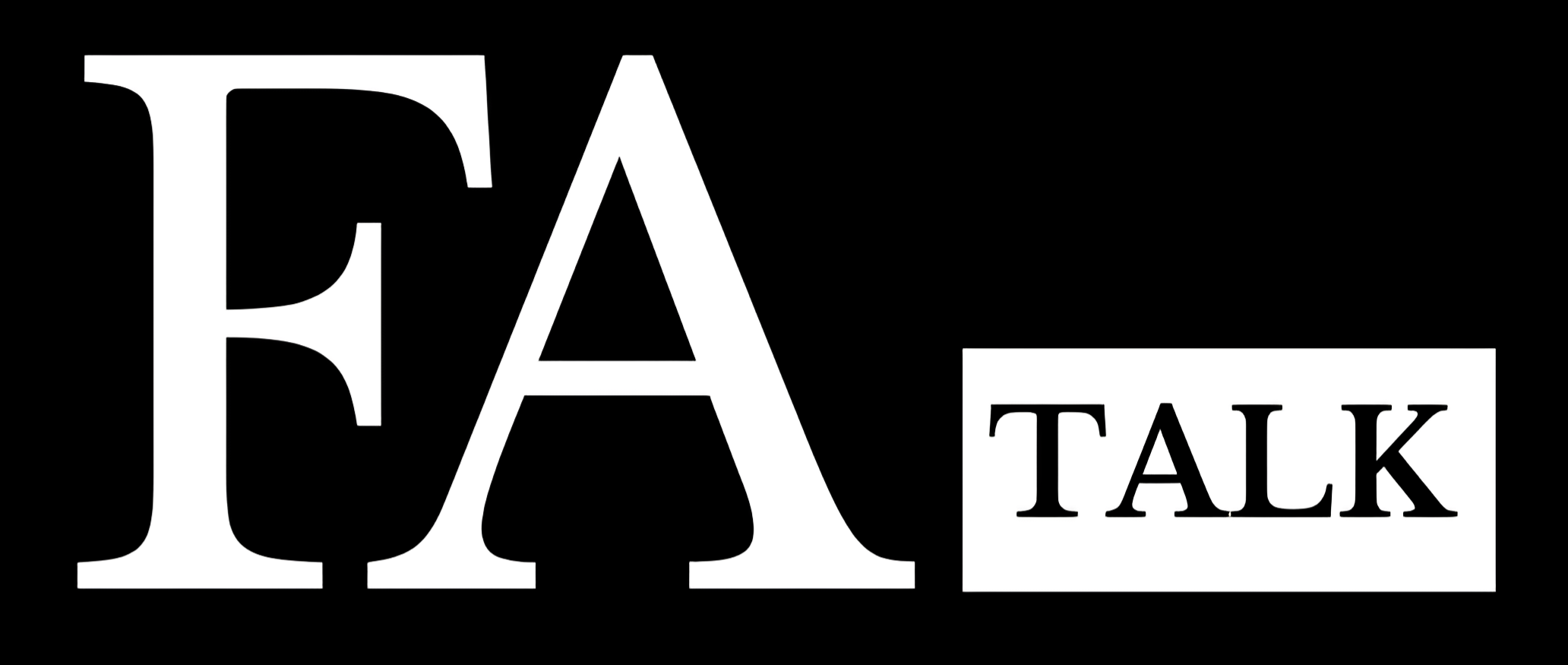
Von der Leyen's Ambitious Vision
Von der Leyen’s leadership sparks tension: EU unity versus national sovereignty.
By | Patricia Ortuno Camacho
AUGUST 29, 2024 | 07:24 PM

In a landmark decision for European politics, Ursula von der Leyen has been re-elected for a second term as the first woman to hold an executive office in Brussels. With a decisive 401 votes in her favor, von der Leyen will continue to spearhead her ambitious policies over the next five years. Her first term was marked by adept crisis management, navigating the European Union (EU) through turbulent times with a focus on enhancing strategic autonomy across various sectors. From the early days of the COVID-19 pandemic to the ongoing geopolitical upheaval caused by the Russian invasion of Ukraine, the German leadership has been pivotal in fortifying a resilient and sustainable Union amidst steadily worsening times.
As she embarks on her second term, von der Leyen aims to balance economic growth with environmental responsibility and social equity. However, her foreign policy stances have become a matter of debate, raising questions about potential inconsistencies between internal and external policies. Critics argue that while her domestic agenda champions progressive values, her approach to international relations may not always align with these principles, prompting discussions about possible double standards.
On different occasions, von der Leyen has overstepped the powers of other EU officials, namely Josep Borrell — the High Representative for the Common Foreign and Security Policy (HR) — thus going beyond her foreign policy role and stoking tension and division within the Union. A notable, but not isolated, example is her trip to Israel amidst the escalation of the Israeli-Hamas conflict after October 7. As prime commissioner, von der Leyen does not enjoy the freedom to individually decide the orientation of the Union in foreign conflicts but must align the position of member states, the HR, as well as the president of the European Council, Charles Michel. Von der Leyen’s strongly pro-Israeli stance is not representative of the Union as a whole and therefore jeopardizes European diplomatic coherence by exceeding her authority.
The ambitious foreign policies of von der Leyen are consequently prompting cracks in the EU leadership. Her unilateral, far-reaching actions seem to be leading the EU towards a path of internal antagonism. In fact, the most notable tensions are between her and Josep Borrell, given that von der Leyen is overshadowing the Catalan in his own responsibilities, for instance, when she decides to take a public stand on the Israeli occupation of Palestine on behalf of the EU regardless of the position of the HR. It is no wonder that Borrell has publicly criticized von der Leyen and that their disagreements only increased during the last election period. Ultimately, such disharmony among high EU officials and the lack of respect for the powers stated in the Treaties by von der Leyen raise doubts about trust in the EU’s power.
Furthermore, some argue that von der Leyen is accelerating the EU’s federalist process, advocating greater supranationalism, but also fueling authoritarian trends as a result. We are witnessing the rise of right-wing governments across Europe. This may, in part, be due to the multiple crises that are prompting the citizenry to look for changes through new faces, hoping to escape the current uncertainty. However, this is also an effect of pushing for stronger supranationalism within a Union where integration seems to be losing its original socioeconomic meaning, instead following security concerns.
Likewise, von der Leyen is calling for a fully-fledged European Defense Union to improve military preparedness while disregarding the fact that there is no legal basis in the Treaties for the EU to enjoy sovereignty over defense matters, only a supporting role. The progressive project that embodies the EU is built upon cooperation between sovereign states, and it must be highlighted that while joint sovereignty is vital to overcoming the ever more frequent crises facing society, the decline in the sovereignty of member states will require a substantial change in the EU structure as we know it today.
Under von der Leyen’s mandate, the EU has witnessed a significant shift towards bolstering its military capabilities, a move that aligns with her vision of a stronger, more autonomous Europe. During her tenure, there have been unprecedented increases in defense spending, with member states collectively committing to higher military budgets and investing in joint defense projects. This military transformation is partly a response to the growing security threats on Europe’s borders, exacerbated by the Russian invasion of Ukraine and other global instabilities. Von der Leyen argues that a unified military force would enable the EU to assert its strategic interests independently of NATO and other alliances. Nevertheless, the prospect of an EU army remains contentious, with several member states wary of ceding sovereignty in defense matters.
Despite these reservations, the groundwork for deeper military integration has been laid, with initiatives like the European Peace Facility and the Strategic Compass outlining a more cohesive defense strategy. As the debate over the EU’s military future continues, von der Leyen’s efforts have undeniably pushed the Union closer to the realization of a more integrated and capable European defense structure, though not without raising concerns about the implications for national sovereignty and the EU’s long-standing reliance on transatlantic security partnerships.
Such military transformation, however, has sparked a debate about von der Leyen’s commitment to balancing defense with her flagship climate initiatives. While the European Green Deal remains central to her agenda, the increased focus on defense spending has led to concerns that military priorities might overshadow environmental goals. Critics argue that the vast resources now being funneled into defense could compromise the EU’s ability to achieve its ambitious climate targets, particularly at a time when unprecedented investment is required to combat global warming.
This perceived shift in priorities has drawn mixed reactions from the public — some support the need for stronger defense in response to global threats, while others worry that the EU’s leadership on environmental issues might be diluted. The tension between advancing military capabilities and maintaining environmental commitments underlines the broader challenges of von der Leyen’s leadership, as she navigates the competing demands of a Union facing both external threats and an urgent climate crisis.
As previously highlighted, there are several reasons guiding this military reform. Still, a remarkable motive is the United States’ shift of its strategic focus away from Europe and towards Asia. This evolving dynamic has left the EU shouldering more military responsibilities within its own region, thus reinforcing the German push for greater European defense autonomy. Altogether, and despite the legal and political barriers around it, the enhanced military capabilities of the EU are a valid effort to assert itself as a more self-reliant security actor. Indeed, the EU’s foreign policy under von der Leyen has faced significant challenges.
Particularly, in its pursuit of a uniform stance on global issues. Despite efforts to present a cohesive front, deep divisions among member states have frequently undermined the Union’s ability to act decisively. These disagreements have been especially evident in responses to major international geopolitical crises, where national interests often clash with the broader goals of the EU. The lack of a unified foreign policy has not only weakened the EU’s position on the global stage, but also created opportunities for external powers to exploit these divisions, further complicating the Union’s ability to effectively address international challenges.
The ongoing conflict between Russia and Ukraine has starkly highlighted these weaknesses. While the EU has imposed sanctions on Russia and provided support to Ukraine, the effectiveness of these measures has been questioned. Some member states, heavily reliant on Russian energy, have been reluctant to fully embrace sanctions, leading to a fragmented approach that has diluted the overall impact. Moreover, the economic consequences of these strategies have been significant, with rising energy prices and inflation straining economies across Europe. The EU’s struggle to balance its moral and strategic imperatives with the economic realities faced by its member states underscores the complexities of its foreign policy and the difficulties in achieving true unity on the international stage.
The German push for a more federalized Union has progressively gained momentum, especially with proposals from the European Parliament’s Constitutional Affairs Committee (AFCO). These federalist reforms advocate for deeper political integration, including greater powers for EU institutions and a more centralized decision-making process. Proponents argue that such changes are necessary to enhance the Union’s efficiency and global influence, specifically in areas like defense and foreign policy. Nevertheless, this federalist vision has sparked intense debate over the potential erosion of democratic principles within the EU.
Critics contend that these reforms could undermine national sovereignty, concentrating too much power in Brussels and diminishing the influence of national governments and parliaments. The fear is that in pursuing greater unity, the EU might compromise its foundational values, leading to a Union where citizens feel increasingly disconnected from the decision-making processes that directly affect their lives. The interplay between federalist ambitions and the protection of member states’ sovereignty remains a central challenge in the ongoing evolution of the European project and will surely shape von der Leyen’s mandate once again.
In the State of the Union 2023, on the advent of von der Leyen’s second term, she reaffirmed her commitment to leading the EU through its ongoing challenges. In this speech, she highlighted the importance of continued economic recovery, climate action, and further integration of European defense capabilities. In this sense, her candidacy for a second term has been seen as a bid to solidify her legacy, driving forward her agenda for a more unified and resilient Europe. However, the new roles and appointments of EU officials under her leadership have reignited concerns about the EU’s democratic deficiencies. The concentration of power in the Commission and the perceived sidelining of national governments raise questions about the democratic legitimacy of such appointments, sparking debates about the future direction of the Union and the balance of power within its institutions.
Thus, her leadership has not been without significant criticism, particularly from figures like Martin Schulz — ex-president of the European Parliament — who has been vocal about the bypassing of the Spitzenkandidat process during the initial appointment of the German chief. Schulz argues that this deviation from the established procedure undermines the democratic legitimacy of the Commission President’s role, reflecting broader concerns about transparency and accountability within the EU under von der Leyen’s influence. Additionally, the potential candidacies of Nicolas Schmit and other socialist figures have highlighted the growing discontent with von der Leyen’s federalist approach, offering alternative visions for the future of the EU that emphasize social justice, economic equality, and a more decentralized governance structure. These candidates reflect the concerns of many Europeans who fear that increased centralization could erode democratic values. Yet, the influence that they will be able to exert upon the undefeated German leadership is a matter for future discussions.
As the EU stands at a crossroads, the question remains whether it will yield to the pressures of federalism, which can fuel national authoritarianism, or whether it will find a way to preserve its democratic commitments while pursuing greater integration. The future of the Union will largely depend on its leaders’ ability to balance these competing demands, ensuring that the drive for a stronger, more united Europe does not come at the expense of national sovereignty and democratic accountability. European citizens play a crucial role in this process, as they are tasked with safeguarding the democratic principles that have long been the foundation of the EU. The path forward is uncertain, but the commitment to democracy and the protection of sovereign rights will be essential in shaping the future of a European Union that thrives on unity in diversity.
